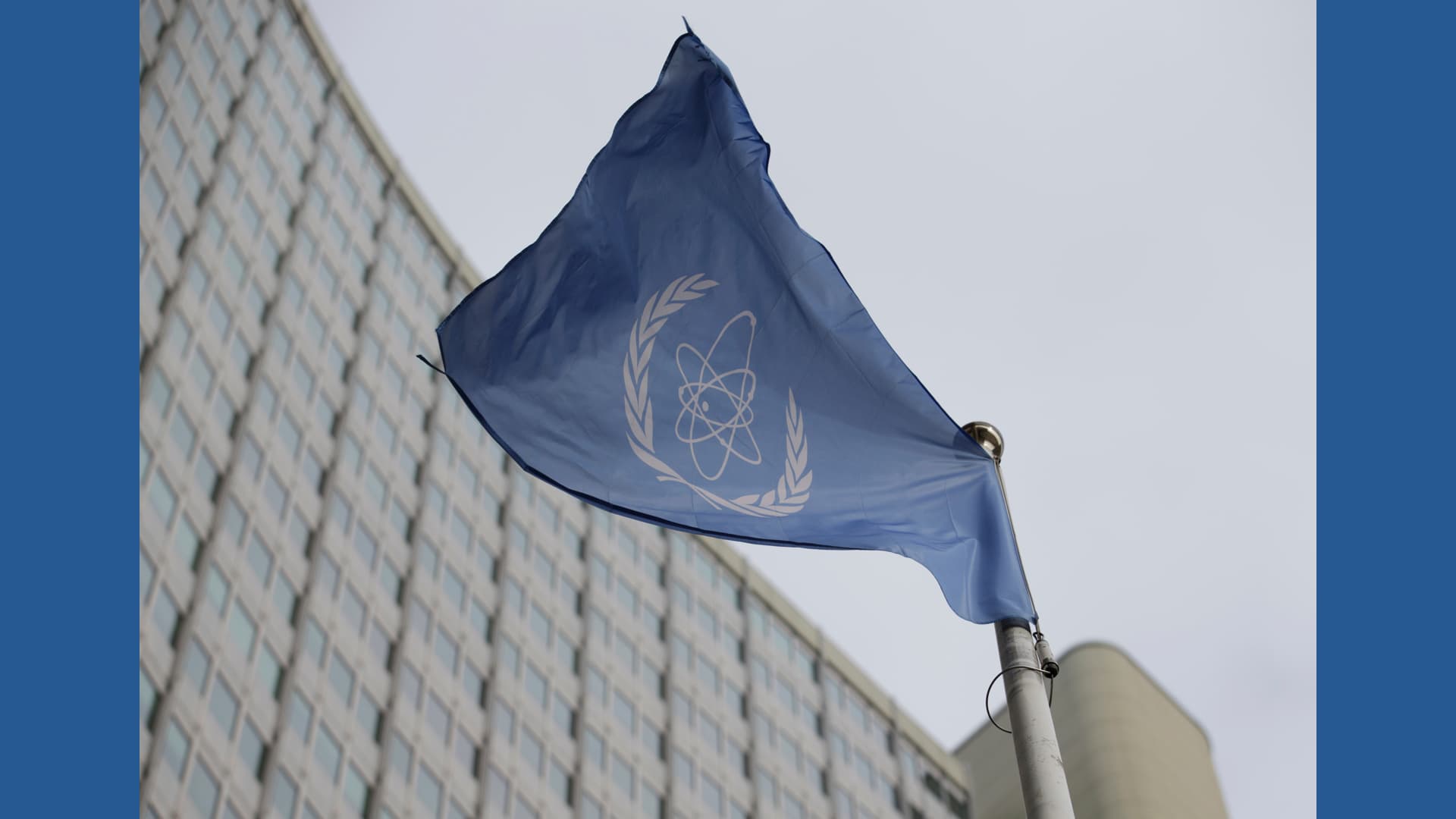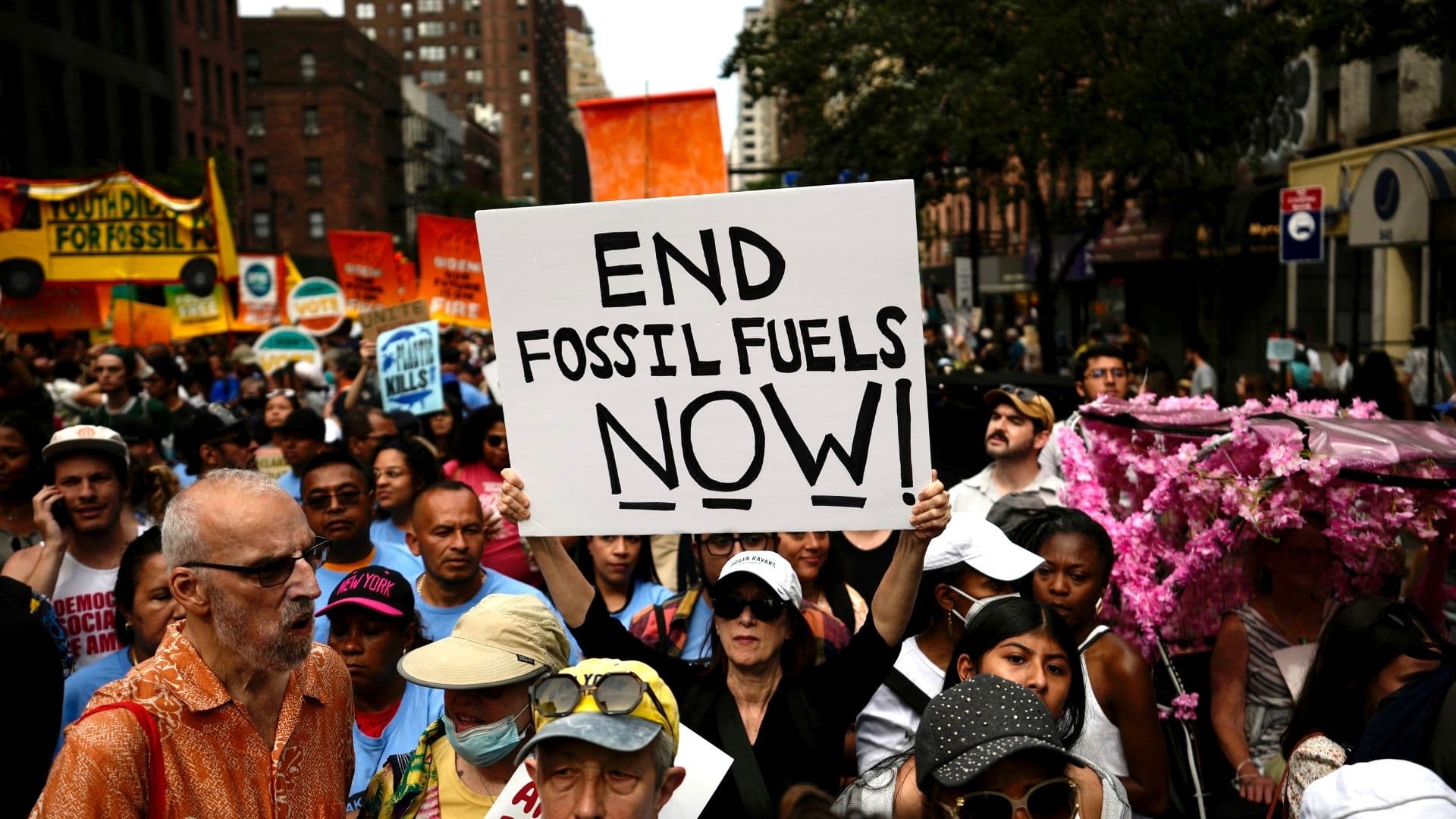IAEA board urges Iran to provide precise information on enriched uranium
The International Atomic Energy Agency board voted to press Iran to extend full cooperation and grant access to sites so inspectors can verify a near weapons grade uranium stockpile. The resolution deepens fissures at the agency and risks further straining relations between Iran and Western powers over nuclear transparency.

The IAEA board of governors on Thursday voted to urge Iran to provide precise information about its stockpile of near weapons grade uranium and to grant access to nuclear sites affected by conflict, a move that highlights growing international concern about verification in Tehran. Nineteen of the agency's 35 board members backed the resolution, while Russia, China and Niger opposed it, 12 countries abstained and one did not vote. The measure was put forward by France, the United Kingdom, Germany and the United States.
The adoption of the resolution at the agency's Vienna headquarters comes amid restrictions on inspectors imposed after strikes on Iranian nuclear facilities earlier this year. The IAEA has been unable to verify the status of material at sites struck by Israeli and United States forces during the 12 day war in June, according to a confidential agency report seen by the Associated Press. The agency reports that Iran currently maintains 440.9 kilograms of uranium enriched up to 60 percent purity. That quantity and level of enrichment could theoretically allow Tehran to build as many as 10 nuclear bombs should it choose to weaponize its program, IAEA director general Rafael Grossi warned in a recent interview with the Associated Press, while noting that does not mean Iran possesses such a weapon.
Under the Nuclear Nonproliferation Treaty, Iran is legally obliged to cooperate with the IAEA. The agency's guidelines call for verification of highly enriched material on a monthly basis, a cadence that has been disrupted by restricted access and damage at affected sites. The board resolution calls on Iran to extend full and prompt cooperation so inspectors can carry out their mandated work and restore confidence in the observable status of nuclear material.
The vote exposes sharp geopolitical divisions within the IAEA membership. Russia and China voted against the resolution, reflecting a broader pattern of pushback by Moscow and Beijing against measures spearheaded by Western capitals that they view as potentially politicizing the agency. Niger's opposition further underscored the diplomatic complexity of securing a broad consensus in a forum that brings together states with divergent security priorities and regional ties.
For Tehran, the resolution is likely to be framed as politicized pressure by Western adversaries. Iran has previously reacted strongly to similar motions, rejecting what its officials describe as attempts to constrain its sovereign nuclear activities. Any refusal to comply with the board's call would heighten tensions with Western governments and could complicate diplomatic avenues for deescalation in a region already roiled by conflict.
The resolution does not impose punitive measures but raises the diplomatic stakes. By publicly pressing Tehran and documenting member states' positions, the IAEA board is signaling that verification gaps cannot be left unaddressed. The coming weeks will test whether Iran will allow the access and provide the precise information the agency seeks, and whether the board's action will prompt renewed international engagement or further entrenchment of rival positions.

